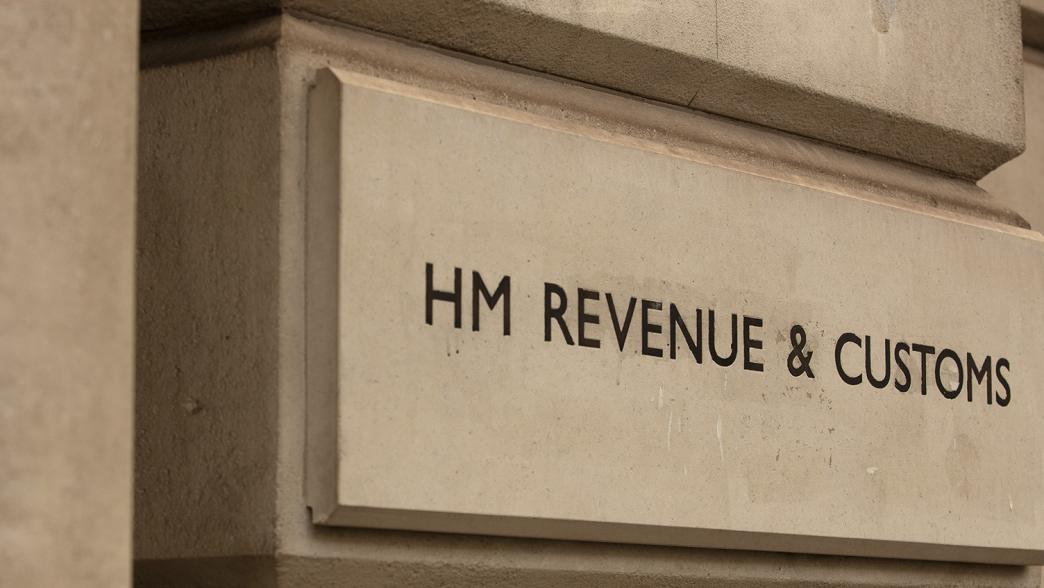Government departments’ boards and non-executive directors
Every central government department has a board which provides advice to departments’ leaders and challenges them on their performance.

Every central government department has a board which provides advice to departments’ leaders and challenges them on their performance.
What do departmental boards do?
Like boards in the private sector, departmental boards are intended to scrutinise the work of the organisation and ask questions of senior leadership to ensure they are managing the organisation well. But government boards generally have much less direct say over, and responsibility for, the running of their organisation than their private sector equivalents.
According to the government’s guidance 11 Cabinet Office, Role of government non-executives and departmental boards, 15 November 2014, retrieved 22 March 2021, www.gov.uk/government/publications/role-of-government-non-executives boards ‘provide the strategic leadership of the department, and advice and challenge on performance and delivery’. The secretary of state is in charge of a government department and responsible for policy decisions, while the permanent secretary and other senior officials are responsible for the day-to-day management of the organisation.
There are mixed views on the effectiveness of departmental boards. Boards’ ability to make changes in the department depends on the appetite of the department’s secretary of state, who chairs the board, to listen to and act on their advice.
Who sits on departmental boards?
Each departmental board consists of the department’s ministers, the permanent secretary, other senior civil servants (often including directors of finance and human resources) and non-executive directors.
His Majesty’s Revenue and Customs (HMRC) and other non-ministerial departments do not have any ministers on their boards. HMRC's board is chaired by its lead non-executive, Dame Jayne-Anne Gadhia. Lead non-executives in other departments have additional responsibilities in supporting the secretary of state, including a requirement to report each year on the effectiveness of the board in the department’s annual report.
What is the role of non-executive directors on departmental boards?
According to the government’s guidance, non-executive directors (NEDs) ‘support and challenge the executive on a range of areas, including implementation of the department’s single departmental plan and operational and delivery implications of departmental policy proposals.’
Many NEDs bring significant private sector experience to departmental boards and are able to draw on this to help departments think through delivery or staffing issues.
What types of people become non-executive directors?
Government non-executive directors have often had careers in the private sector before joining government boards. The government lead non-executive director, who is appointed by the prime minister and is responsible for the stewardship of the government NED system, published a list of government NEDs in May 2023. 12 Cabinet Office, Government Lead Non-Executive’s annual report 2021 to 2022, Gov.uk, 24 May 2023, retrieved 5 September 2023, www.gov.uk/government/publications/government-lead-non-executives-annual-report-2021-to-2022/government-lead-non-executives-annual-report-2021-to-202… It included various people with extensive private sector experience, like:
-
Richard Pennycook, lead non-executive at the Department for Education, who is also chair of Howdens Joinery, Fenwick and the Hut Group, and chair of the British Retail Consortium, and was previously chief executive of the Co-operative Group
- Sue Langley OBE, lead non-executive at the Home Office. She is currently Chairman of Arthur J Gallagher UK, a non-executive director for UKAR (Northern Rock asset management and Bradford & Bingley) and a member of the Women’s Business Council.
How are non-executive directors appointed to departmental boards?
Before 2023, non-executive directors were appointed by the secretary of state after an unregulated process of ‘fair and transparent competition’. 15 Cabinet Office, Role of government non-executives and departmental boards, 15 November 2014, retrieved 22 March 2021, www.gov.uk/government/publications/role-of-government-non-executives But in July 2023, in response to recommendations from the Committee on Standards in Public Life (as well as the IfG), the government committed to a more transparent process. 16 Cabinet Office, Strengthening Ethics and Integrity in Central Government, Gov.uk, 20 July 2023, retrieved 5 September 2023, www.gov.uk/government/publications/strengthening-ethics-and-integrity-in-central-government From this point on, appointments have been made according the public appointments code, publicly advertised on the public appointments website, and regulated by the commissioner for public appointments.
Under the previous system, some ministers had been known to appoint political allies or supporters to departmental boards – Michael Gove is the most well-known example, having done so at the Department for Education, the Ministry of Justice and the Cabinet Office. This is permitted within the rules but has led to uncertainty about whether those individuals are performing the traditional NED role or are effectively extra political appointees, carrying out responsibilities similar to junior ministers or special advisers.
There was also some controversy over the appointment of Gina Coladangelo, who was later publicly revealed to be in a relationship with health secretary Matt Hancock, as a non-executive director at the Department of Health and Social Care. It is unclear how she was appointed or what the exact nature of her role was.
When were boards established in government?
Government departments have had non-executive board members for many years, with their role being first publicly codified in 2005. Reforms introduced by the coalition government enhanced the role of NEDs, and placed a greater emphasis on the advantage of NEDS having commercial experience: the 2010 ministerial code stipulated that they should be “largely drawn from the commercial private sector.”
The 2010 reforms also introduced the role of the lead NED to each departmental board, as well as reducing the number of civil servants on the board, and bringing in the secretary of state as the chair. Francis Maude, minister for the Cabinet Office during the coalition, pushed through much of the reforms to the departmental board structure.
- Topic
- Civil service Ministers
- Department
- Cabinet Office HM Revenue and Customs
- Publisher
- Institute for Government